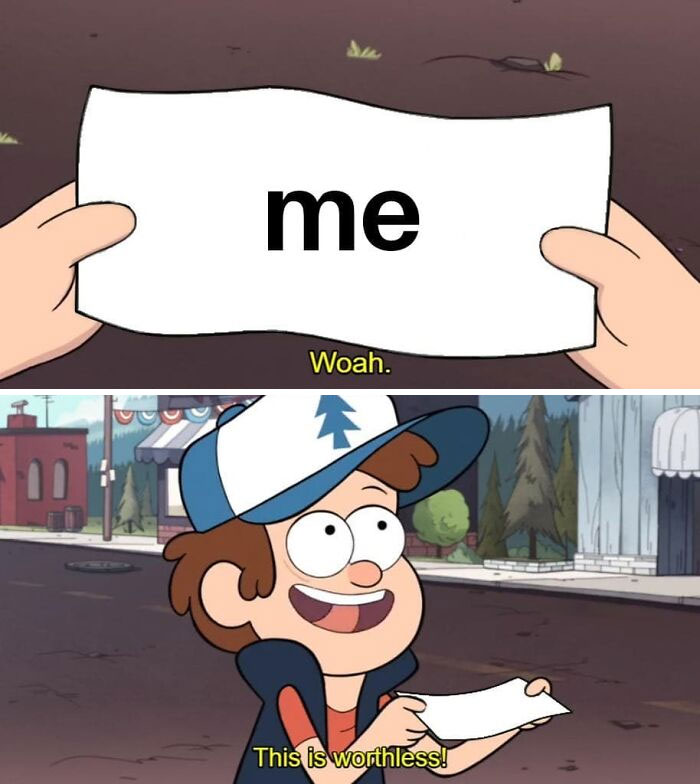10 Open-Ended Questions to Ask Mental Health Patients
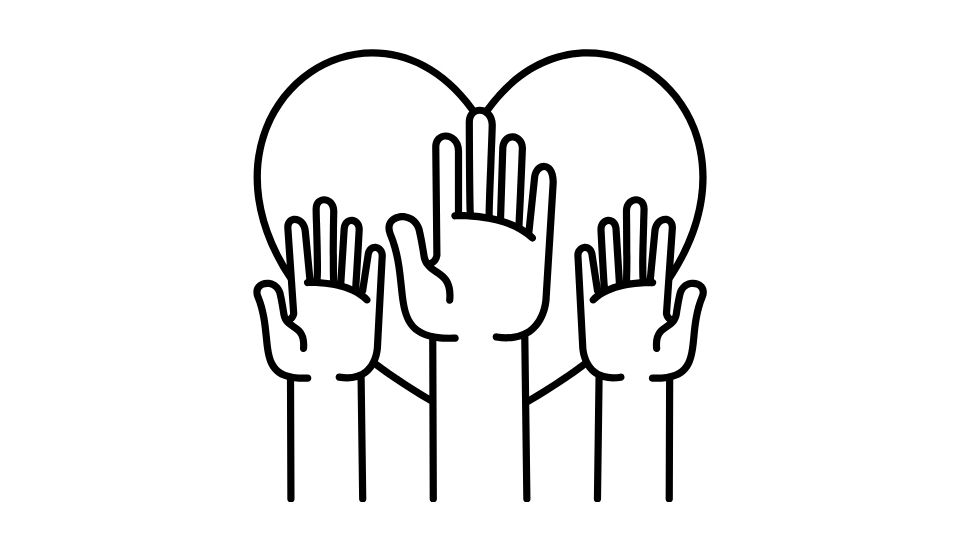
I’ve been thinking a lot about open-ended questions in therapy lately. They’re these magical conversation tools that unlock so much more than a simple “yes” or “no” ever could.
As someone who’s spent time in both the therapist’s chair and the patient’s seat, I can tell you firsthand – the difference between “Are you sad?” and “How have you been feeling lately?” is like comparing a kiddie pool to the ocean.
Open-ended questions give people the freedom to express themselves in their own words, at their own pace, and with their own perspective. They’re the difference between checking boxes and actually understanding what’s going on in someone’s head.
So let’s dive into why these questions matter so much in mental health settings and which ones actually work (with a healthy dose of my opinion sprinkled on top).
Why Open-Ended Questions Are Game-Changers in Therapy
They Build Real Connection
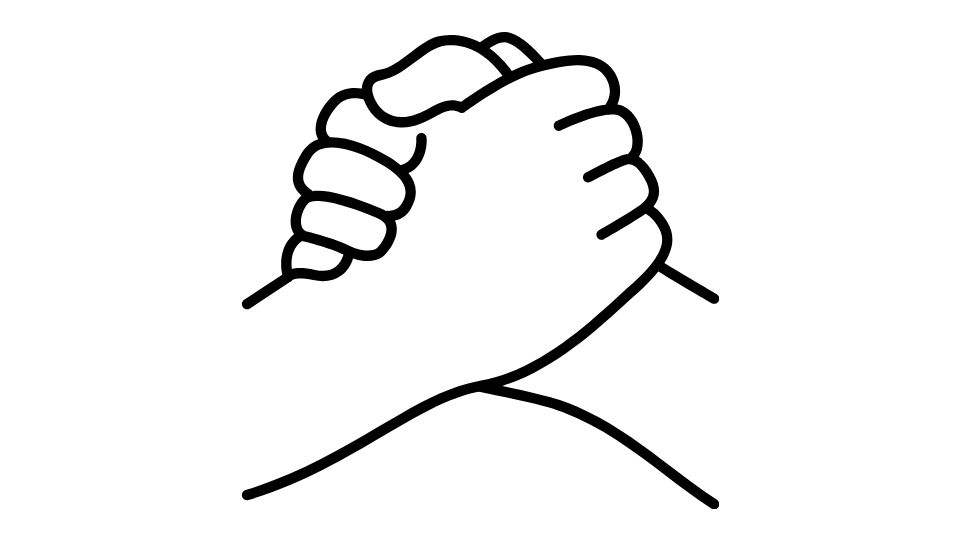
When a therapist asks an open-ended question, they’re essentially saying, “I actually care what you think, not just whether you fit my preconceived ideas.” That builds trust faster than anything else.
Unlike closed questions that can feel like an interrogation (looking at you, “Did you take your medication?”), open questions create a conversation where both people feel like equals.
According to research on therapeutic relationships, this trust building is literally the foundation of successful therapy. Without it, even the fanciest psychological techniques fall flat.
They Make People Think Deeper
When someone asks me “Are you stressed at work?” my brain just runs a quick calculation and spits out “Yeah, a bit.”
But when they ask “What’s your work environment like these days?” my brain has to actually fire up and process. I might realize my boss has been micromanaging more than usual, or that I’ve been taking on too many projects.
This self-reflection is where the real growth happens. Open questions are like mental gym equipment – they strengthen our ability to understand ourselves.
They Give You The Full Picture

Closed questions only give you what you thought to ask about.
If I only ask “Are you sleeping well?” I might miss that while they’re sleeping 8 hours, they’re having intense nightmares, waking up exhausted, and feeling anxious all day.
Open-ended questions leave room for the unexpected – the things you wouldn’t have thought to ask about that might be the most important part of someone’s experience.
A comprehensive study on clinical interviewing found that open questions routinely revealed crucial information that would have been missed with more structured questioning.
The Best Open-Ended Questions to Ask (That Actually Work)
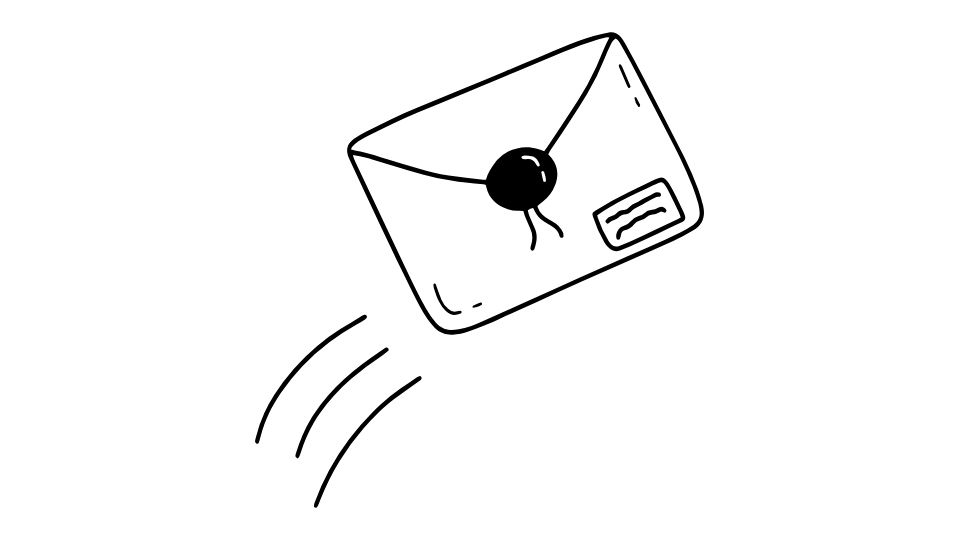
For Starting the Conversation
“What brings you in today?”
Simple but effective. It lets the person decide what’s most important instead of you guessing.
“How have things been going for you lately?”
Broader than asking specifically about problems – leaves room for both positives and negatives.
“What’s been on your mind since our last session?”
I love this one because it acknowledges the therapeutic relationship is ongoing and evolving.
For Digging Deeper into Problems
“What does anxiety feel like in your body?”
This question gets people out of their heads and into physical sensations, which can reveal a lot about their experience.
“How does this issue affect your daily life?”
Sometimes people don’t realize the full impact of their mental health struggles until they think through this question.
“When did you first notice these feelings?”
Timeline questions help establish patterns and potential triggers without being leading.
For Exploring Relationships
“Who are the most important people in your life right now?”
This reveals their support system and relationship dynamics in one go.
“How do you think others would describe you?”
This question sneakily gets at self-perception while also highlighting potential disconnects between how someone sees themselves versus how they’re perceived.
According to attachment theory research, our relationships fundamentally shape our mental health, making these questions particularly valuable.
For Understanding Coping Mechanisms
“What helps you feel better when you’re struggling?”
Identifies existing positive coping skills to build upon.
“What have you tried so far to deal with this issue?”
Shows respect for their efforts while gathering information about what hasn’t worked.
“How do you take care of yourself these days?”
Broader than just asking about formal self-care – catches both healthy and unhealthy coping mechanisms.
For Identifying Strengths and Resources
“What’s something you’re proud of about yourself?”
Often reveals hidden strengths and values that can be leveraged in treatment.
“When have you overcome something difficult in the past?”
Reminds them of their resilience while providing templates for current challenges.
A meta-analysis on strengths-based approaches found that focusing on patient strengths significantly improves therapeutic outcomes.
How to Ask These Questions Effectively
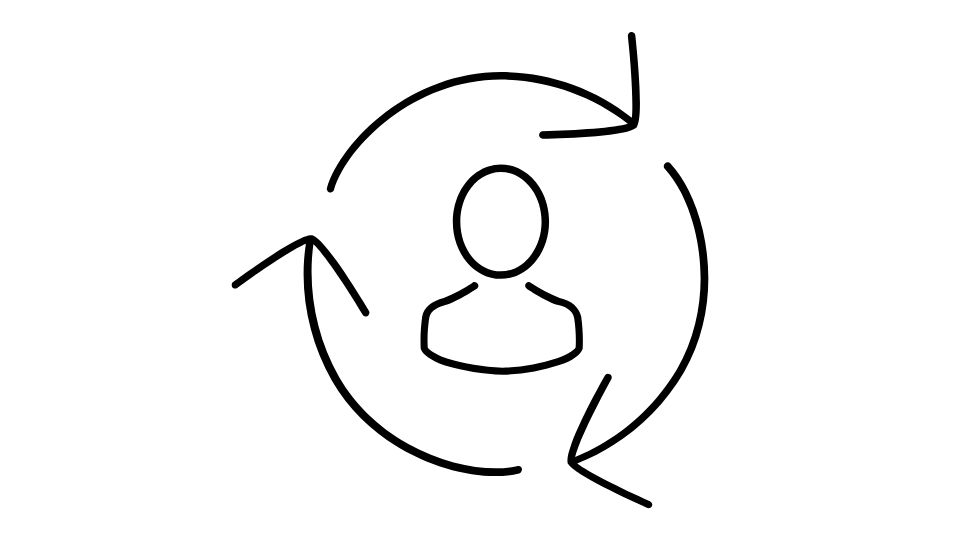
Timing Matters
Don’t rapid-fire open questions like it’s a quiz show. Give people space to think and respond fully before moving on.
The silence after asking a good open question isn’t awkward – it’s productive. It’s where the real thinking happens.
Follow The Energy
If someone lights up (or gets visibly upset) when answering a particular question, that’s information! Follow that thread with another open question.
“You mentioned your relationship with your mom is complicated – can you tell me more about that?”
Keep It Simple
Avoid asking multiple questions at once or overly complex ones. “Tell me about your childhood and how it relates to your current relationship patterns and career choices” is overwhelming.
Instead, start simple: “What was growing up in your family like?”
Use Reflective Listening
After someone answers, reflect back what you heard before asking your next question.
“So it sounds like you’re feeling trapped in your job but worried about making a change. What options have you considered?”
In Summary
Open-ended questions are like keys that unlock doors in people’s minds – sometimes doors they didn’t even know existed.
Whether you’re a therapist, a friend trying to be supportive, or just someone trying to understand yourself better, mastering the art of asking good open questions is genuinely life-changing.
The next time you’re talking with someone who’s struggling, resist the urge to ask questions that can be answered with a simple yes or no. Instead, open the door with “What’s that experience like for you?” and be amazed at what walks through.
And remember – the goal isn’t just collecting information. It’s creating a space where people feel truly heard and understood. Sometimes the most healing thing isn’t having all the answers – it’s asking the right questions.

